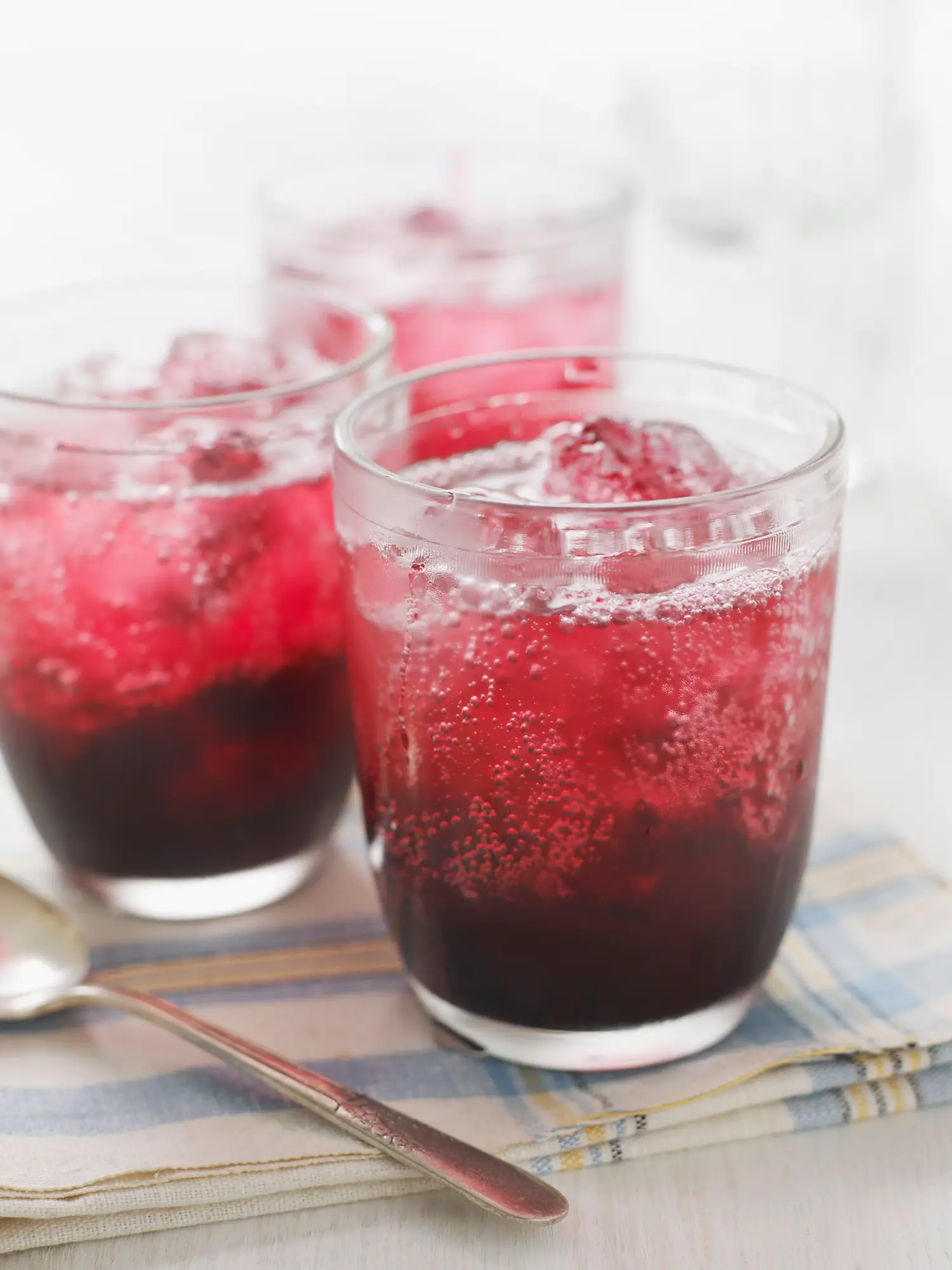
Before you go and plan your lunches for next week, make sure to not include this beverage if you want to stay healthy.
So, we all know that eating and drinking products that are processed is supposed to be bad for us, but how bad could it really be?
According to scientists who collected data from health professionals, it’s pretty bleak.
When they rounded up groups of people and quizzed their eating habits to find out which foods and drinks can be harmful to your health, they found something startling.
Advert
By testing out what can increase your risk of cardiovascular issues, strokes and heart attacks, they found that a lot of ultra-processed food (UPF) ticked those boxes for being the worst offenders.

But one group in the study was the worst culprit.
UPF are consumed in the UK at a record rate, with our little nation holding the top spot in all of Europe.
Research shows Brits consume 322 cans per person a year, the equivalent of just over 2 litres a week, however, our consumption tapered off in 2018 when the sugar tax was introduced to combat childhood obesity.
With foods and drinks which contain artificial sweeteners, colours and preservatives, we’re slowly consuming things that are putting our health at risk.
While biscuits, cake, crisps and supermarket white bread are some of the worst UPF out there, did you ever consider that your favourite beverages are even worse for you?

According to the researchers who took their data from The NHS Nurses' Health Study, which polled of 75,735 female nurses aged 30 to 55 years, then 90,813 women aged 25 to 42 years later and another study of 40,409 men aged 40 to 75 years, it’s bad.
Anyone who had a high BMI, cancer or and heart issues were not included in the study, and that led them to the conclusion that any diet heavy in sugary and artificially sweetened drinks increased cardiovascular disease risk.
That’s right, put down your fizzy pop.
The study authors explained that sugary drinks should be discouraged due to their association with cardiovascular disease, coronary heart disease, and stroke.
Professor Gunter Kuhnle, a food scientist at the University of Reading, recently posted the study’s graph on X, to explain that most UPF foods ‘actually protect and reduce disease risk’, just not sugary drinks.
For example, yogurt is an UPF, but it actually lowers your cardiovascular risk.
That can also be said for things like whole wheat bread, and grainy breakfast cereals.
He told MailOnline: “Most studies show people who consume a lot of soft drinks, especially sugar and sweetened drinks, are more likely to be obese and suffer diabetes, as well as other diseases.
“The data show a huge impact of sugar sweetened beverages and processed meat, while everything else is very neutral.”
Instead of drinking those types of drinks, you should aim to make a healthier switch when you can.
According to the British Heart Foundation: "Look for drinks that have ‘no added sugar’ on the label, or have less than 5g of sugar per 100ml."
Squash typically tends to have ‘no added sugar’, and if you wanted to get you fruit-fizz fill, top it off with some soda water.
The BHF also suggests drinking ‘pure juice’ like orange or apple instead, but limiting the amount you drink as it’s still quite sugary, and that can be bad for your health too.
Topics: UK News, Health, Food And Drink
